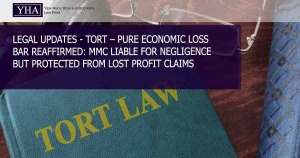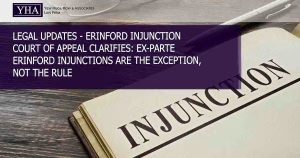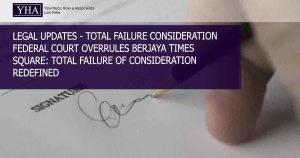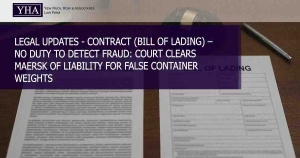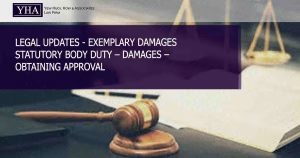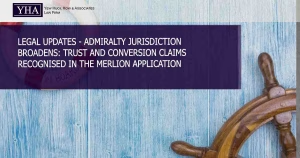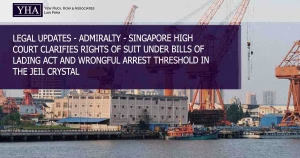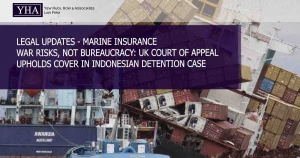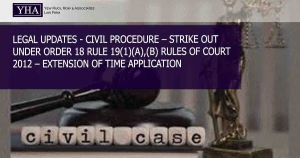
CIVIL PROCEDURE – STRIKE OUT UNDER ORDER 18 RULE 19(1)(A),(B) RULES OF COURT 2012 – EXTENSION OF TIME APPLICATION
In Badan Pengurusan Subang Parkhomes v Zen Estates Sdn Bhd [2025] MLJU 3591, the High Court reaffirmed that non-compliance with Order 37 Rule 1(5) of the Rules of Court 2012 does not automatically invalidate assessment of damages proceedings. The Court held that procedural rules must be read with the overriding objective of ensuring justice, and that the six-month time limit to file a Notice of Appointment is directory, not mandatory. Finding no prejudice to the defendant and noting active case management by the plaintiff, the Court dismissed the developer’s strike-out bid and allowed an extension of time for assessment to proceed. The decision underscores the judiciary’s commitment to substantive fairness over procedural rigidity in post-judgment proceedings.

